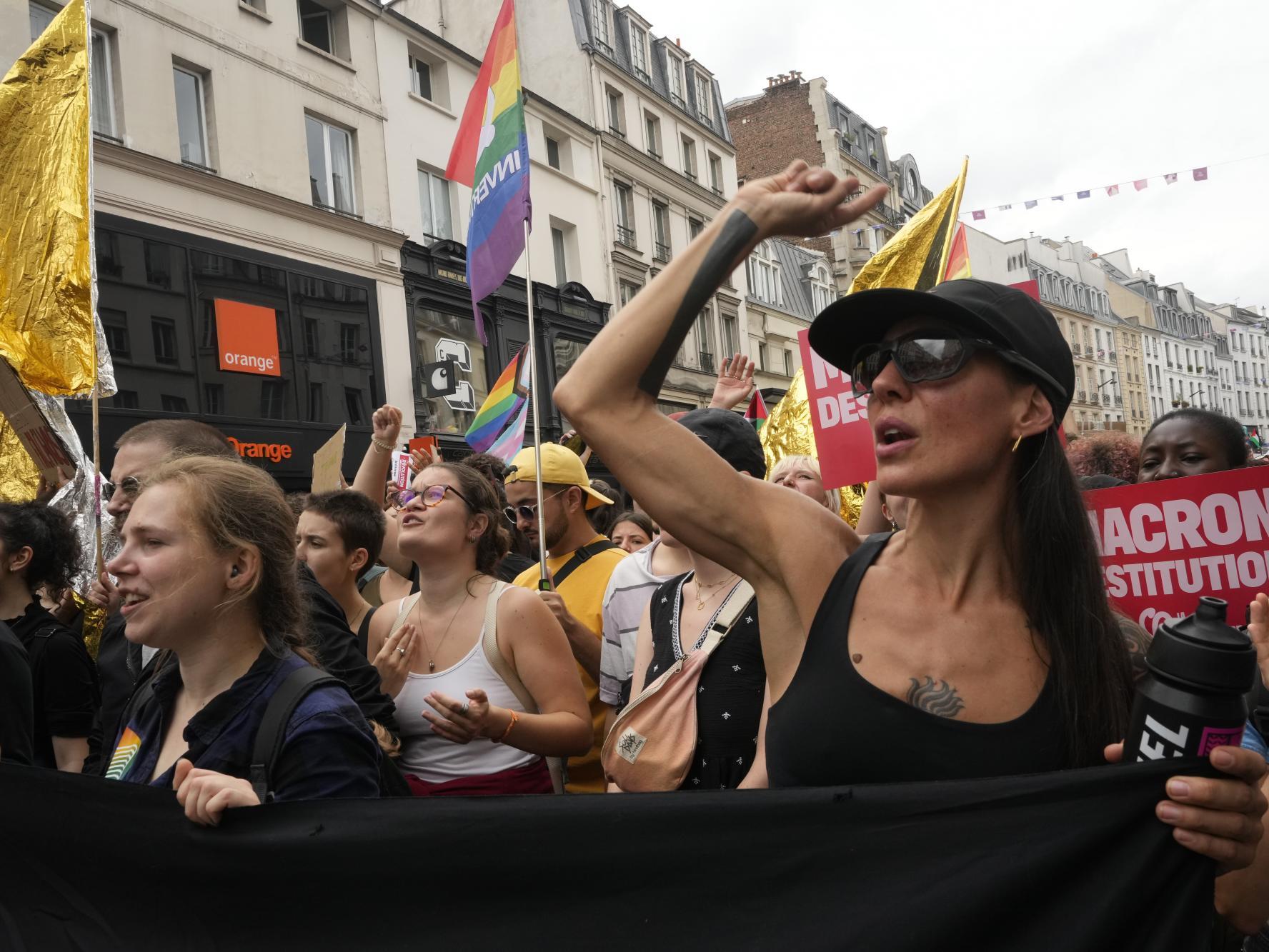Massive protests erupted across France on Saturday, September 7, 2024, in response to President Emmanuel Macron’s appointment of Michel Barnier as Prime Minister. The demonstrations, which took place in over 150 locations nationwide, drew between 110,000 (according to police) and 300,000 (according to organizers) participants. The protests were sparked by Macron’s decision to appoint Barnier, a conservative politician and former EU Brexit negotiator, despite the left-wing coalition winning the most votes in the July legislative elections.Protesters accused Macron of a ‘coup de force’ and ignoring the will of the electorate. Jean-Luc Mélenchon, leader of the far-left France Insoumise party, declared that ‘the election was stolen from the French’ and called on his supporters to prepare for a ‘long-term battle’. Mélenchon promised to file a motion of no confidence against Barnier’s government in the National Assembly, regardless of its composition.The appointment has also drawn criticism from the far-right National Rally party. Jordan Bardella, the party’s leader, warned that Barnier is ‘under surveillance’ and urged the new government to consider their priorities, particularly on national security and immigration.Meanwhile, Barnier, 73, has begun forming his cabinet and has expressed openness to including ministers from various political backgrounds, including the left. In his first public appearance since the appointment, Barnier visited the Necker pediatric hospital in Paris, stating that the situation in France is ‘very serious’ and that the government will focus on making ‘progress’ without increasing ‘financial debt’ or ‘ecological debt’.The protests and political maneuvering highlight the deep divisions in French politics following the inconclusive July elections. As Barnier attempts to form a stable government, he faces the challenge of navigating these divisions while addressing pressing issues such as the budget deficit, immigration, and healthcare reform.
Key points
- Massive protests occurred across France against Macron’s appointment of Michel Barnier as Prime Minister.
- Jean-Luc Mélenchon promised to file a motion of no confidence against Barnier’s government.
- Barnier has begun forming his cabinet and expressed openness to including ministers from various political backgrounds.
Contradictions👾There are conflicting reports on the number of protesters, with estimates ranging from 110,000 (police) to 300,000 (organizers).
👾While some sources report that Barnier is open to including left-wing ministers, others suggest that the left views his appointment as a complete rejection of their electoral success.



